Description
1)Germination: in summer, immerse the seeds in water of 20 ℃ -30 ℃, put seeds indoor and changed the water twice a day, it may germinate around 1 week, After that, put it towards the sun, enough lighting and never let it dry which is a must. It will outgrow fine root and 2 to 3 young lotus leaf after two weeks. 2)Transplanting: choose a proper basin,put in half basin of garden soil or soil without any chemical pollution, immerse the soil with water but no fertilizer 2 weeks before you transplant the plant, carefully transplant the seedlings into the soil,each one basin, proper of water after transplanting(not over the lotus leaves).3)Management:2-3 weeks after transplanting, fertilize the plants properly and keep it above 16℃. TIPS: 1. As long as the water temperature is maintained at 16 °C,the bowl can be sown in all seasons. 2. Soaking germination. Change the water 2-3 times a day. 3.The suitable growth temperature is 20 ° C – 30 ° C,higher than 35 ° C or lower than 15 ° C,and the growth is stopped. 4.Lotus like the sun,strong light is conducive to development, requiring 4-6 hours of light per day. 5.Aquatic plants need sufficient and a certain height of water. 6.It can be raised by water alone,but need to put nutrient solution.It can also be mixed with water and soil,rooted,and after growing leaves,press the roots into the soil. The powerful lotus plant has been used in East and Southeast Asian traditional medicine and cuisine for centuries. The lotus has the title of India’s national flower and is a symbol of purity in Buddhist and Hindu traditions. The lotus is a bowl-shaped perennial and is often confused with water lilies. There are over 100 species of lotus. You’re probably most familiar with the white single-flower lotus, which has around two dozen petals. Other types of lotuses include the double-flowered lotus, which can have over 100 petals, as well as pink and red varieties.

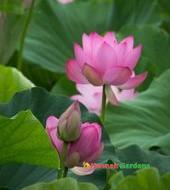
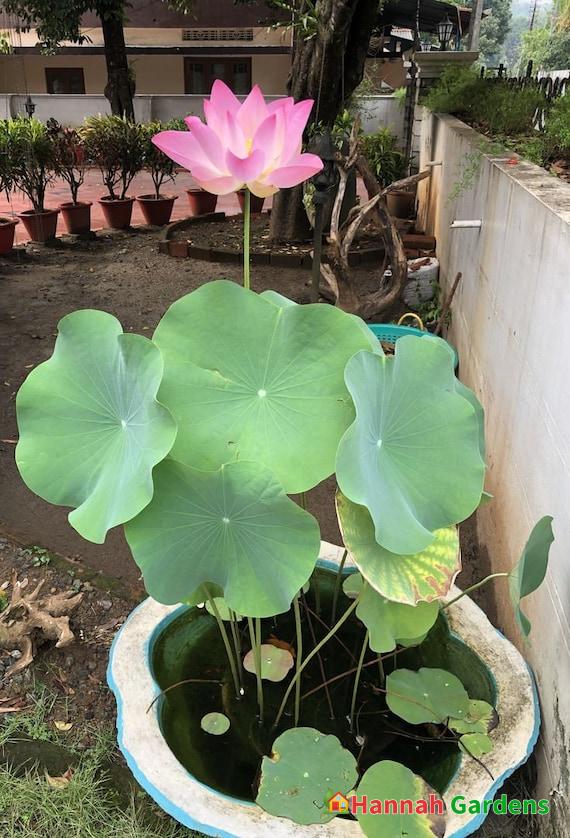
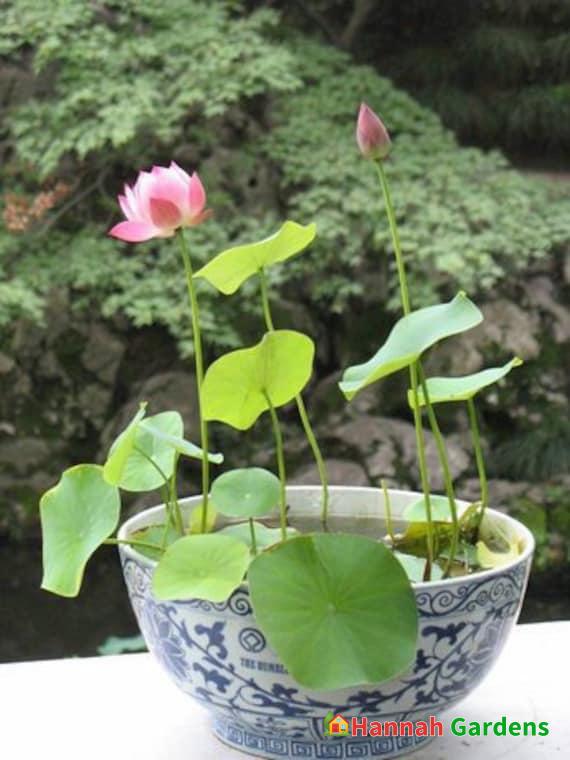
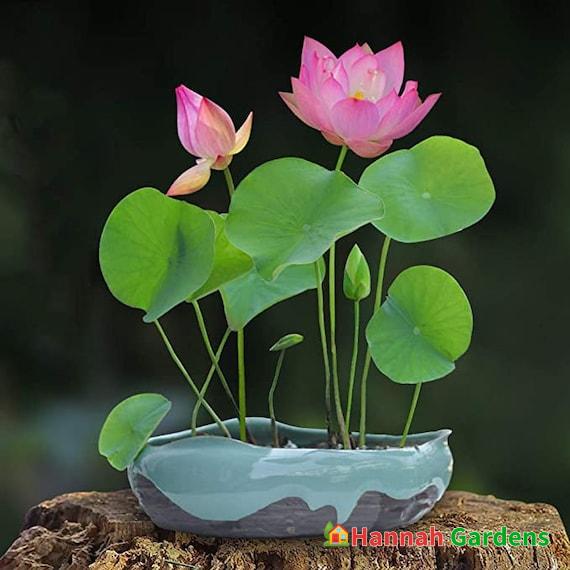
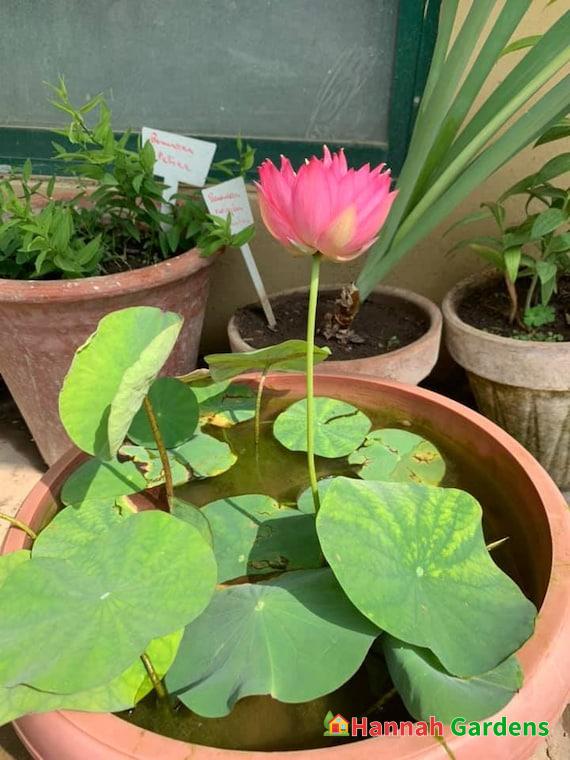
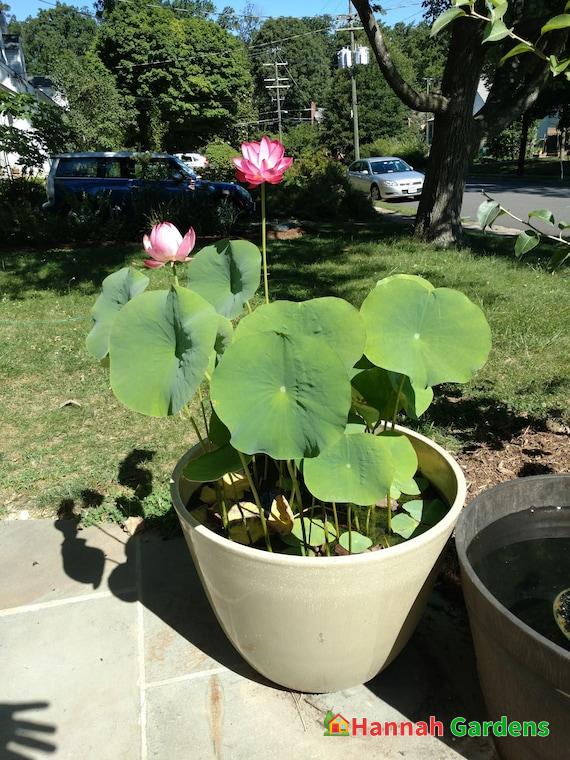
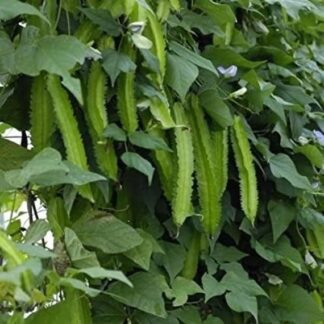

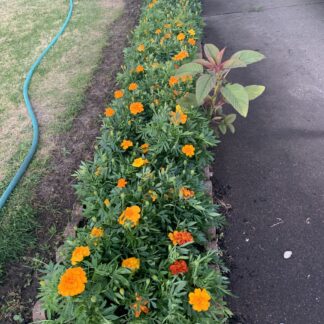
Reviews
There are no reviews yet.